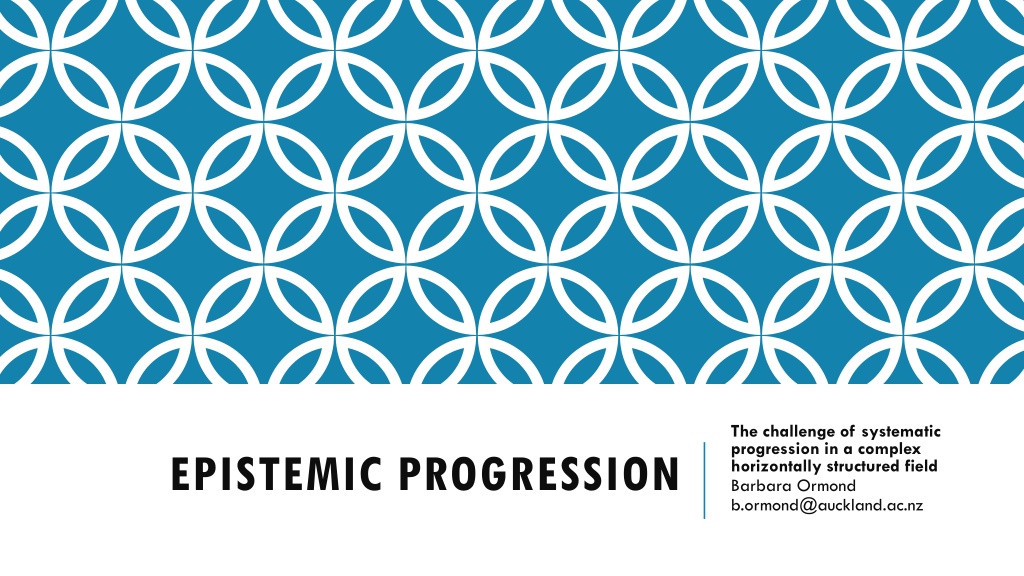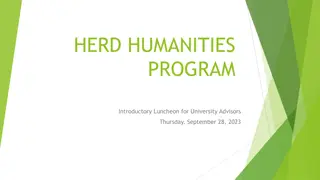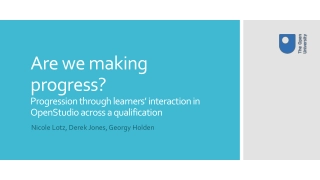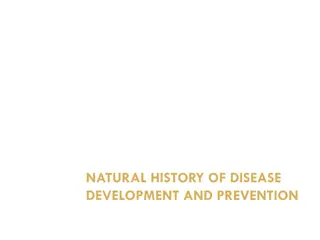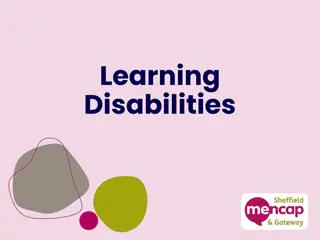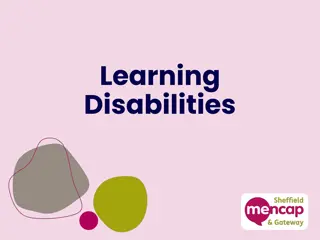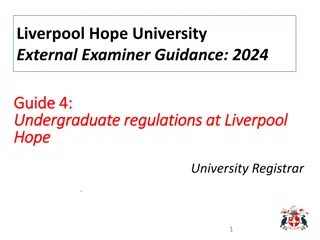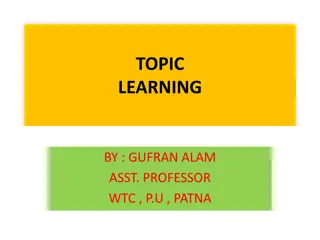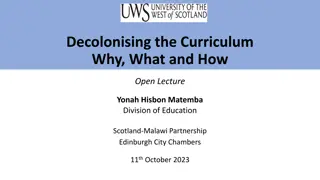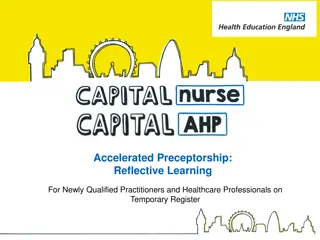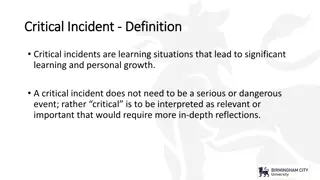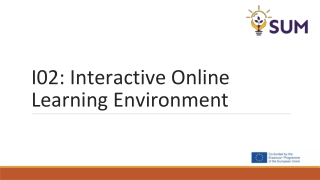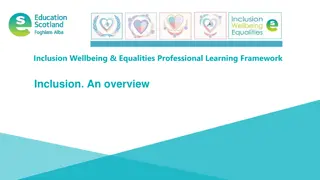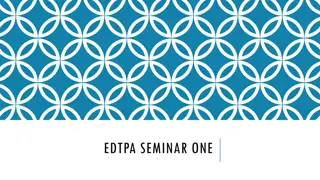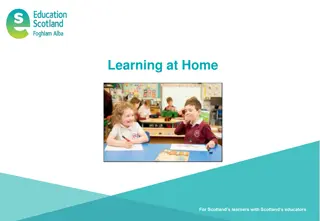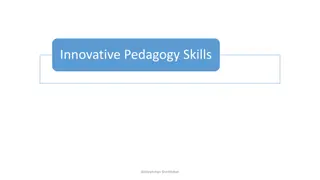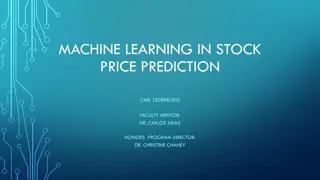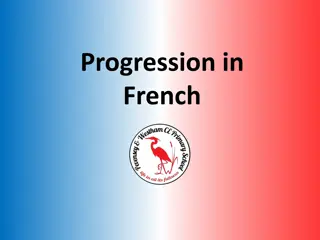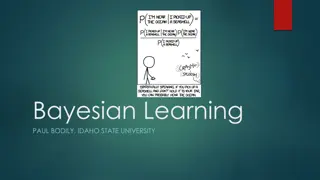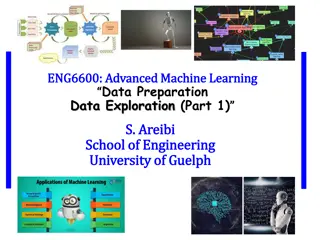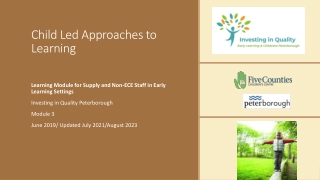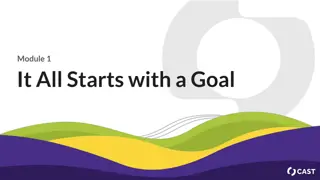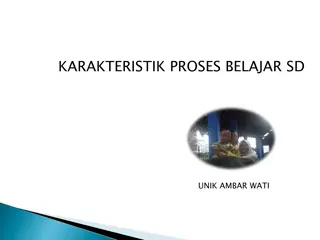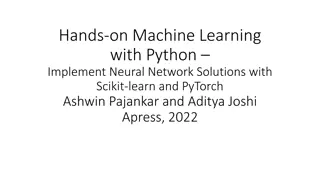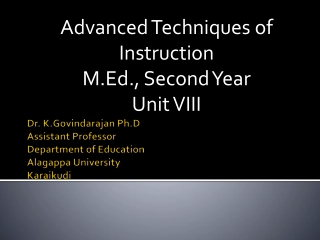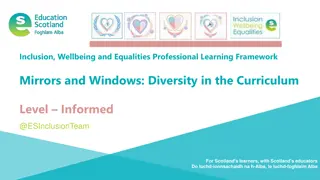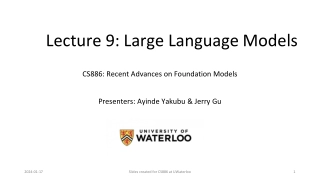Understanding Epistemic Progression in Learning: A Humanities Perspective
Exploring the concept of epistemic progression and its importance in education, this content delves into Basil Bernstein's theories on knowledge structure, trends in history education, and the role of procedural knowledge in fostering progression in disciplines like History.
Download Presentation
Please find below an Image/Link to download the presentation.
The content on the website is provided AS IS for your information and personal use only. It may not be sold, licensed, or shared on other websites without obtaining consent from the author. Download presentation by click this link. If you encounter any issues during the download, it is possible that the publisher has removed the file from their server.
Presentation Transcript
The challenge of systematic progression in a complex horizontally structured field Barbara Ormond b.ormond@auckland.ac.nz EPISTEMIC PROGRESSION
DISCUSSION POINTS What is meant by epistemic progression ? and why is it critical in learning? How Bernstein s theories on how knowledge is structured provides a means of considering how progression functions in humanities subjects. How progression is accommodated in contemporary curricula, using the discipline of History as an example. How teachers of History understand progression. How a shift in focus to epistemic progression might be achieved.
DEFINING THE TERMS Epistemic progression mapping progression in curricula to make inferential links and develop abstract ideas Propositional knowledge = substantive knowledge To progress can refer to the measurement of progression
BASIL BERNSTEIN Hierarchical knowledge structure Knowledge is progressively subsumed and integrated Vertical Discourse specialised symbolic structures of explicit knowledge Horizontal knowledge structure Knowledge is made of multiple segments
CONCEPTUAL PROGRESSION Conceptual progression (or epistemic ascent) means the concepts already understood by students are brought into new relations of abstraction and generality as further concepts are acquired and integrated into students understanding. (Elizabeth Rata, 2016)
TRENDS IN HISTORY EDUCATION Schools Council History Project 1972 a disciplinary approach Focus on second-order concepts to think historically e.g. cause and consequence There is a shared recognition that substantive knowledge on its own provides no scope for progression. Since it is not inherently more challenging to understand one (historical) event than another. School curricula must be based on progression in procedural knowledge rather than substantive . Joseph Smith 2016
USING PROCEDURAL KNOWLEDGE FOR PROGRESSION Research an historical event or place of significance to New Zealanders using primary and secondary sources. Carry out an inquiry of an historical event or place that is of significance to New Zealanders. Carry out an investigation of an historical event or place of significance to New Zealanders.
PROGRESSION? Analyse evidence relating to an historical event of significance to New Zealanders. Examine sources of an historical event that is of significance to New Zealanders. Interpret sources of an historical event of significance to New Zealanders.
PRESCRIBED CONTENT AND PROGRESISON What was the nature of Elizabethan and early Stuart Government? Content : Elizabeth: as a ruler, government, finance, religion, Crown and Parliament in peace and war. __________________________________________________ Possible concepts: monarchy, personal monarchy, royal prerogative, the trinity, omnicompetence
MODEL OF PROGRESSION Key concepts Related Concepts Difference Similarity Abstract Thought Frameworks of Knowledge
